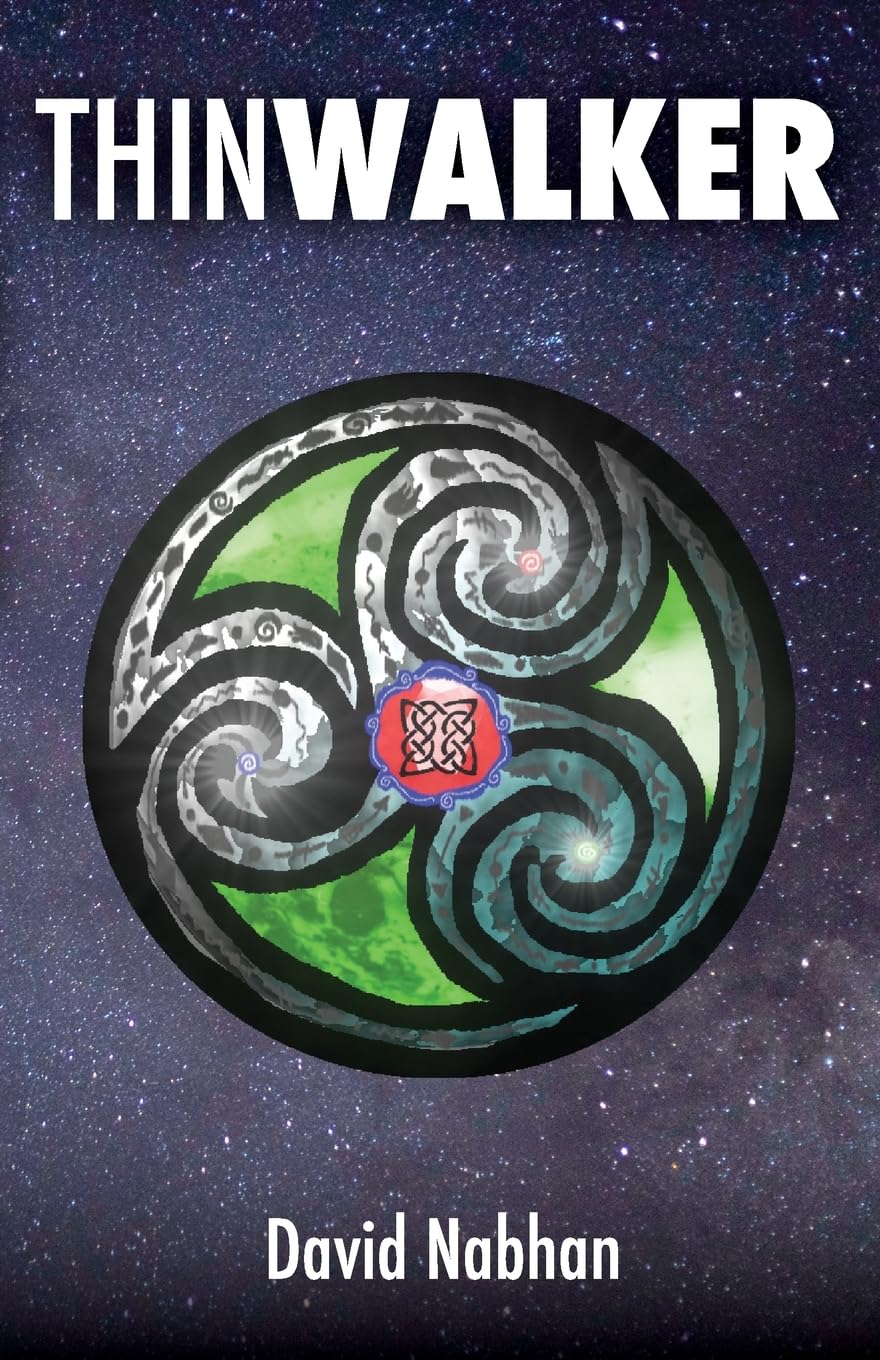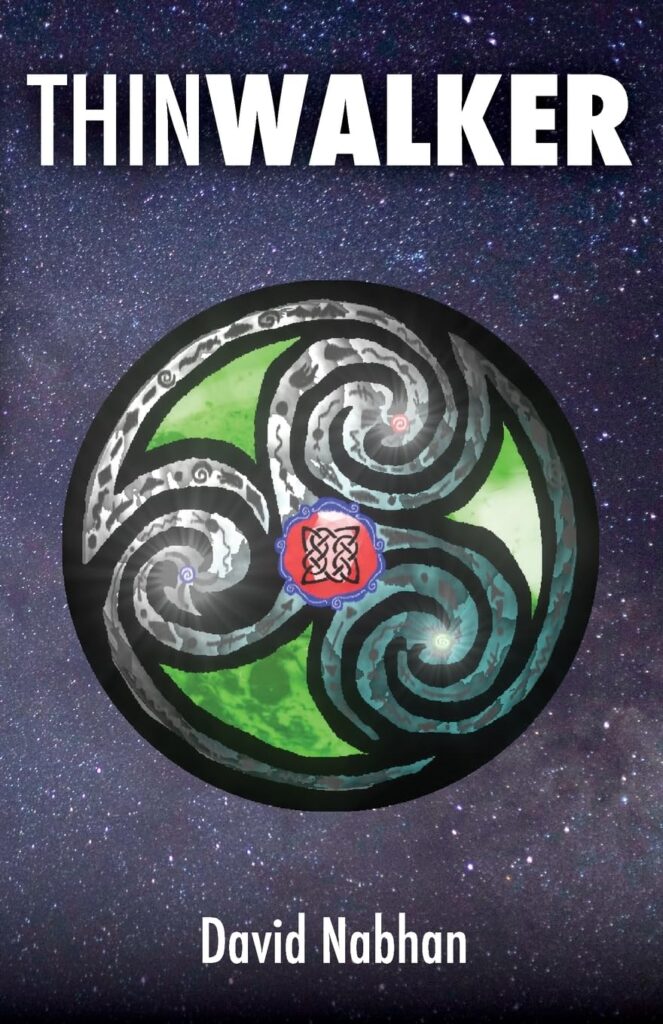OPINION
David Nabhan
David Nabhan is a science columnist (Newsmax, Times of Israel) and a science fiction writer. Website: www.earthquakepredictors.com
Science fiction, in many ways, seeds science. There’s no better example than Lucian’s Verae Historiae, a second-century tale of travel to the Moon eighteen hundred years before Apollo 11. And modern sci-fi has proven itself an astoundingly prescient engine of scientific ideation. Science fiction put on paper before they existed: planes, helicopters, credit cards, television, lasers, photography, robots, artificial hearts, cell phones, radio, submarines and innumerable other indispensable artefacts of sophisticated 21st-century life.
Science fiction has therefore always borne the burden, and then some. So of all the trappings of modern society in real need of fixing, sci-fi should seem to be some distance down that list.
Yet it’s being re-made, and by the same people who don’t like, well, anything. Our flags, religion, culture, comedy, courts, police, sovereignty, history, traditions are replete – for the new voices attempting to steer science fiction – with so much that is ugly, worthless and evil that it’s debatable whether setting fire to everything and starting anew isn’t best.
When even millennium-old English pronouns can be transmuted by an avant-garde mantra and then peddled as ‘offensive’, making over an entire genre doesn’t seem too difficult in comparison, and they’ve not overlooked science fiction. It’s been radicalised, sexualised and politicised; it’s been made vulgar and angry. And with all that focus on things that don’t belong the quality of the writing can do nothing but plummet.
A group of sci-fi writers – Brad Torgersen, Larry Correia, Sarah Hoyt – have stood up and said something about it, pointing at the once-prestigious Hugo Awards and weighing recent winners against the literary icons who only just preceded them. Alas, along with the political check-box obsession comes the laziness of handwavium, cliché, groupthink, large fractions of works composed of obscenities, and other hallmarks of mediocre writing.
Thinwalker was written as the antithesis of all that. The work, set almost a thousand years in the future and a hundred lightyears from Earth, is an eyeful – terrifying, unpredictable, intelligent sci-fi.
It’s fueled not by the chic malaise of partisanship or lowbrow jingoism but by a lightning-paced story, without room for a single expletive in 77,000 words, the reader left to let those escape himself while reading. The heroes and villains won’t be absolutely certain either for a change, as in life, as it is with adults; each reader will see things a bit differently.
But see things the reader will. Thinwalker is the granddaddy of all futuristic nano-technological “vaccination” tales. Written by a science writer – with pulsar portals, Hawking radiation, false vacuum collapses, Dyson shells – and ditching the axe-grinding to speak instead to every reader with a pair of eyes. It’s like the last classic sci-fi thriller read – the one page-flipped to the very end.
That’s the author’s contribution to the struggle in this sector of the front lines in the culture wars. With New Zealanders’ strong individualist streak, it will be a privilege to convince Kiwis, one reader at a time.
David Nabhan is a science columnist (Newsmax, Times of Israel) and a science fiction writer. Website: www.earthquakepredictors.com
David Nabhan
Thinwalker (2023), Stairway Press, Earthquake Prediction: Dawn of the New Seismology (2017) Skyhorse Publishing, New York; The Pilots of Borealis (2015) Skyhorse Publishing/Talos Press, New York; Earthquake Prediction: Answers in Plain Sight (2013); Forecasting the Catastrophe (2010); Predicting the Next Great Quake (1996) Newsmax science columnist, (“Shaking Up Science”), Times of Israel science columnist (“Tectonic Shifts”). website: www.earthquakepredictors.com


